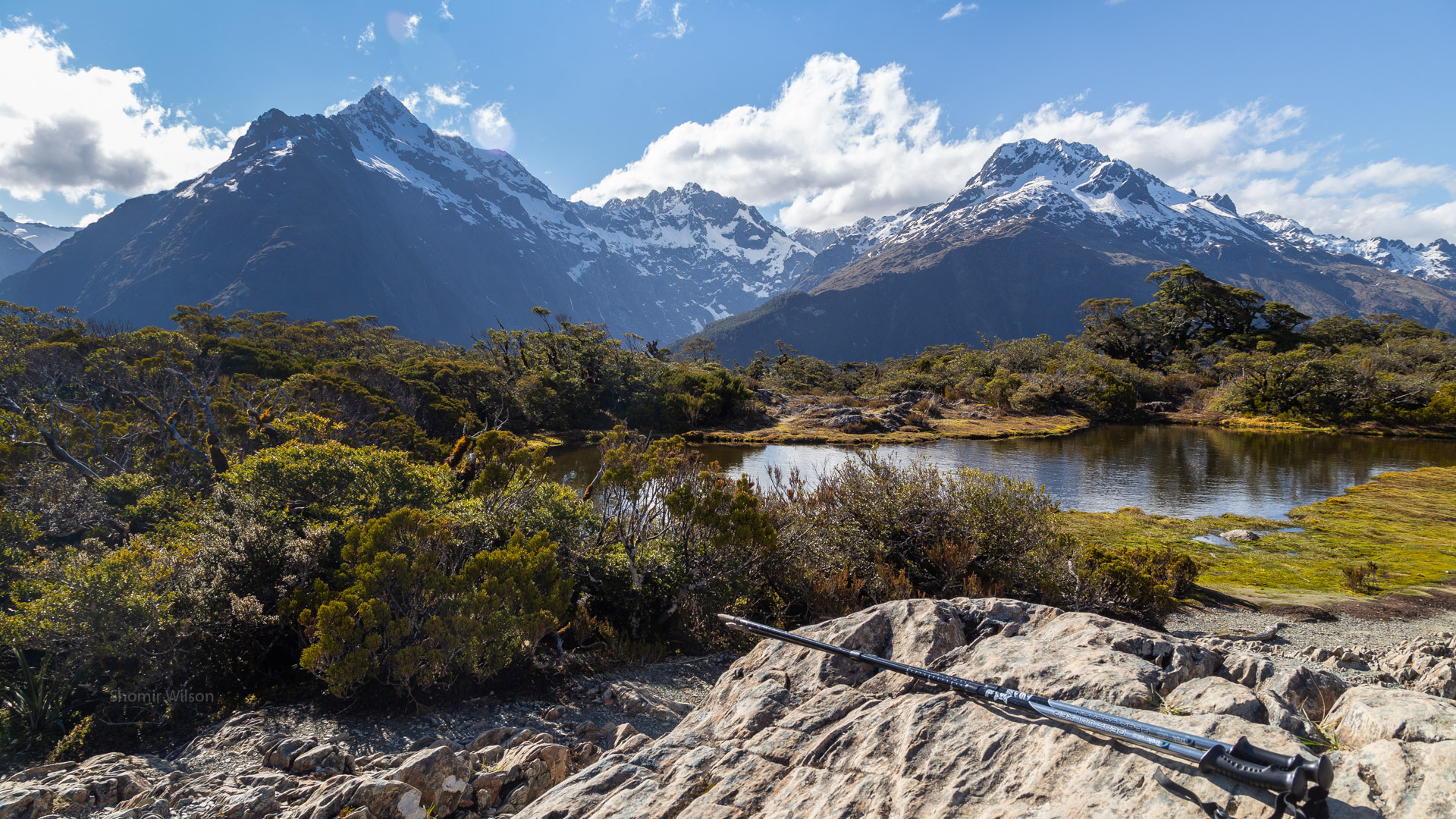Thoughts on Uncertainty
This page is part of my advice pages.
Read This First
I created this page to share some reflections about uncertainty during education and career transitions. This uncertainty can include geography, employment, professional trajectory, and the feasibility of meeting goals. Students and early professionals who are approaching a major transition might relate to the contents of this page.
This article is part of a trio, with Thoughts on Failure and Thoughts on Competition, about coping with the pressures to succeed at challenging things. My Academic Journey also describes some of the same events.
Note that self-care is important for handling the stress of major uncertainty. Learning about other people's experiences might be helpful for you, but that should accompany multiple other activities toward sustaining yourself in difficult times.
Contents
- From College to Graduate School — 2004-2005
- What Happened
- The Uncertainty
- From Graduate School to Postdoc — 2011
- What Happened
- The Uncertainty
- From Postdoc to Faculty — 2016
- What Happened
- The Uncertainty
- Reflections
- It's OK to Want Big Things
- Wants and Needs
- Success Can Be Ugly in the Details
- Uncertainty Improves With Experience
- Shared Experience
- 2018
- About the Pictures
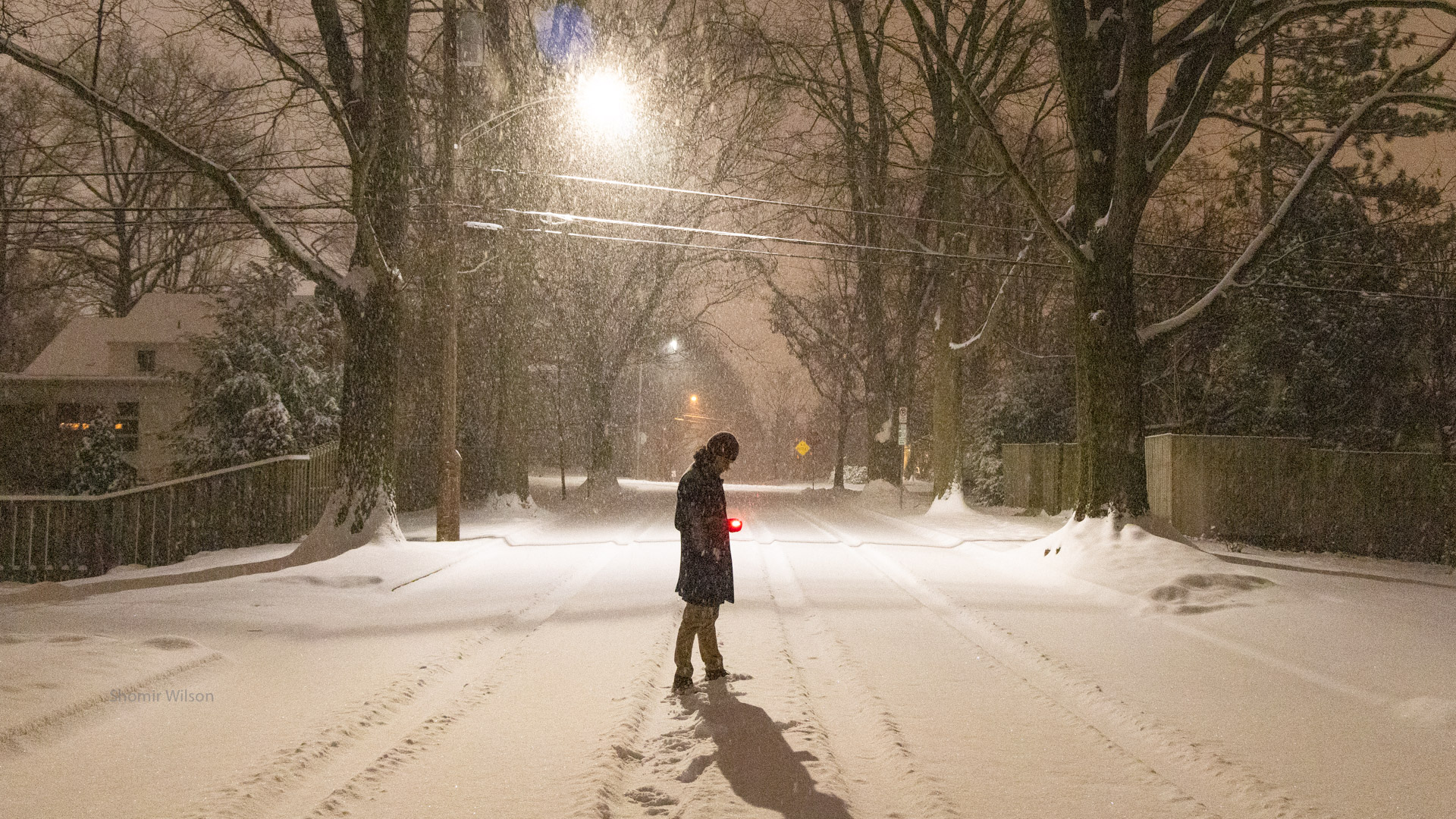
From College to Graduate School — 2004-2005
What Happened
On May 5, 2004, my undergraduate honors dorm held its semi-annual Senior Toast for departing graduates. I wasn't one of the people toasted, and I sensed my peers were puzzled. Wasn't Shomir graduating? I distinctly remember the end of the event: when everyone had stood up to leave, chatting pleasantly, I avoided any eye contact as I pushed in my chair and left the dining room. I was among friends, but I didn't feel like talking.
Earlier in the semester all my applications to PhD programs had been rejected. After a nadir of frustration and disappointment, I considered my options and decided to stay an undergraduate for a year longer than I had originally planned. I talked with several professors about the change, and they were initially surprised but then agreed it made sense in my circumstances. For me it seemed like the best thing to do, but the risk was undeniable. I had another year to discover whether I wasn't simply repeating the long, slow burn of disappointment that I had already experienced.
I spent the summer and the following academic year working on a new undergraduate research project, my first in computer science and my second overall. I retook the GREs and received a slightly better score. I retook Number Theory, which I struggled with and withdrew from in Spring 2004; it was the only course I've ever had to take twice. I took more senior-level computer science courses and one at the graduate level. When I ran low on courses to take, I signed up for Men's Issues. It was my introduction to feminism, which would later become significant for how I thought about social issues and the direction of my career.
Applying for PhD programs a second time was a pressure-filled activity: make this time worth it, I thought. I rewrote my cover letter and personal statement with the scraps of advice I had gathered, and they seemed better, but I couldn't tell whether they would be good enough. Applications were still submitted via postal mail, and even writing addresses on envelopes took on an oppressive intensity. Sending an application with even a small mistake felt unthinkably bad.
In Spring 2005 I received funded admission to three PhD programs. I attended a visit day for one of them and accepted an offer to be a graduate teaching assistant. I got what I wanted, but I didn't feel like I knew yet whether the extra year had been worthwhile. Would I get the PhD? What would I manage to do with it? The goalposts had moved. It shouldn't have been surprising, but I had difficulty seeing how hard I had been on myself.
The Uncertainty
Was another year and a second try at PhD applications what I needed? What if I failed to get what I wanted? Was admission to a PhD program worth what I was doing?
It's likely that throughout college I didn't give myself enough time to relax, make stronger friendships, and think about my future. Once I determined that I could graduate with three majors, each as a separate degree, I couldn't resist the idea. However, the time I spent struggling with certain courses (such as Number Theory) might have been better spent on a variety of other non-academic activities. Lowering my internal pressure would have made the uncertainty of graduate school admission easier to cope with.
However, staying a fifth year may have been pivotal for my personal life, for reasons beyond the scope of this narrative.
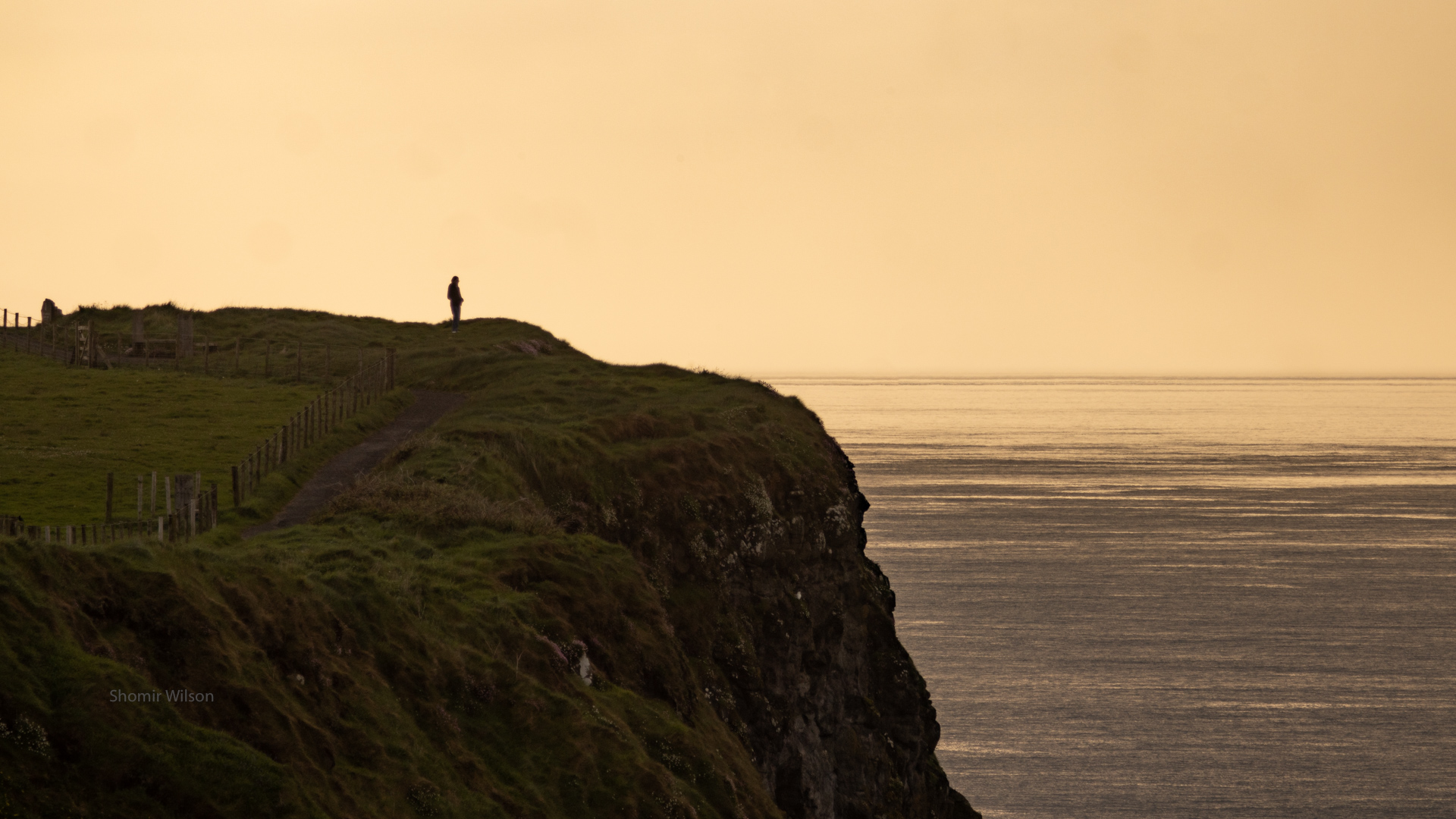
From Graduate School to Postdoc — 2011
What Happened
I finished graduate school with a PhD but without a job offer. A collaborator had all but promised me a postdoc position, but they needed more time to make it official. This likely offer reduced my incentives for applying for other positions, though I applied for a few aspirational ones, including for a postdoc fellowship that would take me to the UK. Meanwhile, a demoralizing end to my PhD took most of my remaining energy: someone I had looked up to had criticized my work until they nearly destroyed my enthusiasm for it.
Listlessly, I packed up my apartment on the last day of my lease, May 31. Mixed in with packing, I sent emails and made phone calls to try to get an incommunicado professor at another university to submit a reference letter for another postdoc fellowship I had applied for. (Eventually I convinced a friend there to visit their office, averting the crisis.) It was 2am early the next morning when I slipped an envelope with my keys through the mail slot at the leasing office. I had planned to drive to my parents' place that night, about an hour away, but I was too tired to drive safely. I spent the night at a nearby hotel and drove the next day.
Over the next several weeks I received rejections for all the postdoc positions I had applied for. I was an unemployed computer science PhD graduate living with my parents. With rising concern, I began submitting applications for more postdoc positions and also positions in industry.
Among them, I responded to a cryptically short postdoc ad and received a soft offer via email two days later. There was no interview. I asked for more details and received only terse answers to my questions. There were other reasons why my enthusiasm was low: I could find little information about the university, and even as a college town its location was exceptionally remote. I decided not to accept the offer.
I applied for a position at a startup company in a major city, though it was far from family or friends. The founder called me and enthusiastically explained his plans, but the longer we talked the more skeptical I felt about working there. They sent me an offer, but I researched the company in greater detail and became uncertain about its technology claims and its odds of success. I turned down the offer. Soon afterward I saw that the company had radically changed its goals, and later it stopped updating its website.
I applied for a postdoc position at a university that seemed like a reasonable place to work, though (in a continuing theme) I would live far from anyone I knew. I gave a talk via videoconference, and it was well-received. Later, the hiring professor arranged for a phone call with me. Instead of good news, they explained they would make an offer to a different candidate. The reason, explicitly: the other candidate's PhD was from a more prestigious university.
I interviewed for positions at two companies in a city that was very familiar to me and conveniently close to family and friends. I tried to be enthusiastic, but I think they sensed that I preferred academia. Neither made me an offer.
I had a phone interview for an industry postdoc position (a rarity at the time), and it went well until I asked a question that seemed reasonable but instead produced a very, very long silence. (It's possible something unrelated happened on the other end to produce the silence, but for me it was excruciating.) Then, the interviewer rushed through the rest of the conversation. Soon after the call, I was told that the company wouldn't consider my application further.
My fortunes suddenly changed in August. I had a series of phone calls with a professor who was hiring for an unadvertised postdoc position that I found through professional networking, and they made me a verbal offer. It was at a university well-known for its computer science research, in an exciting location. Meanwhile I interviewed in-person for a postdoc position at a different university and received a second offer. It was at another institution well-known for computer science research, at a location with optimal geography for my personal preferences, on a trendy topic. I considered both and accepted the latter. I moved out of my parents' house and started working in mid-September.
The Uncertainty
What kind of job would I get? Would I be able to stay in academia? I submitted job applications across four countries on two continents; how far would I be from familiar people and places? How long would I live with my parents? What happens to computer science graduates who can't find jobs?
I sometimes think about alternate versions of me that accepted the mysterious postdoc offer or the offer at the questionable startup company. At times during this job search I felt desperate, but when confronted with actual decisions I thought about the risks. I had the privilege of being able to wait for an opportunity without red flags, though that privilege wasn't indefinite.
I had a geographic preference for a reason in my personal life, but it seemed almost impossible to satisfy until suddenly it wasn't. That kind of luck is rare and spectacular.
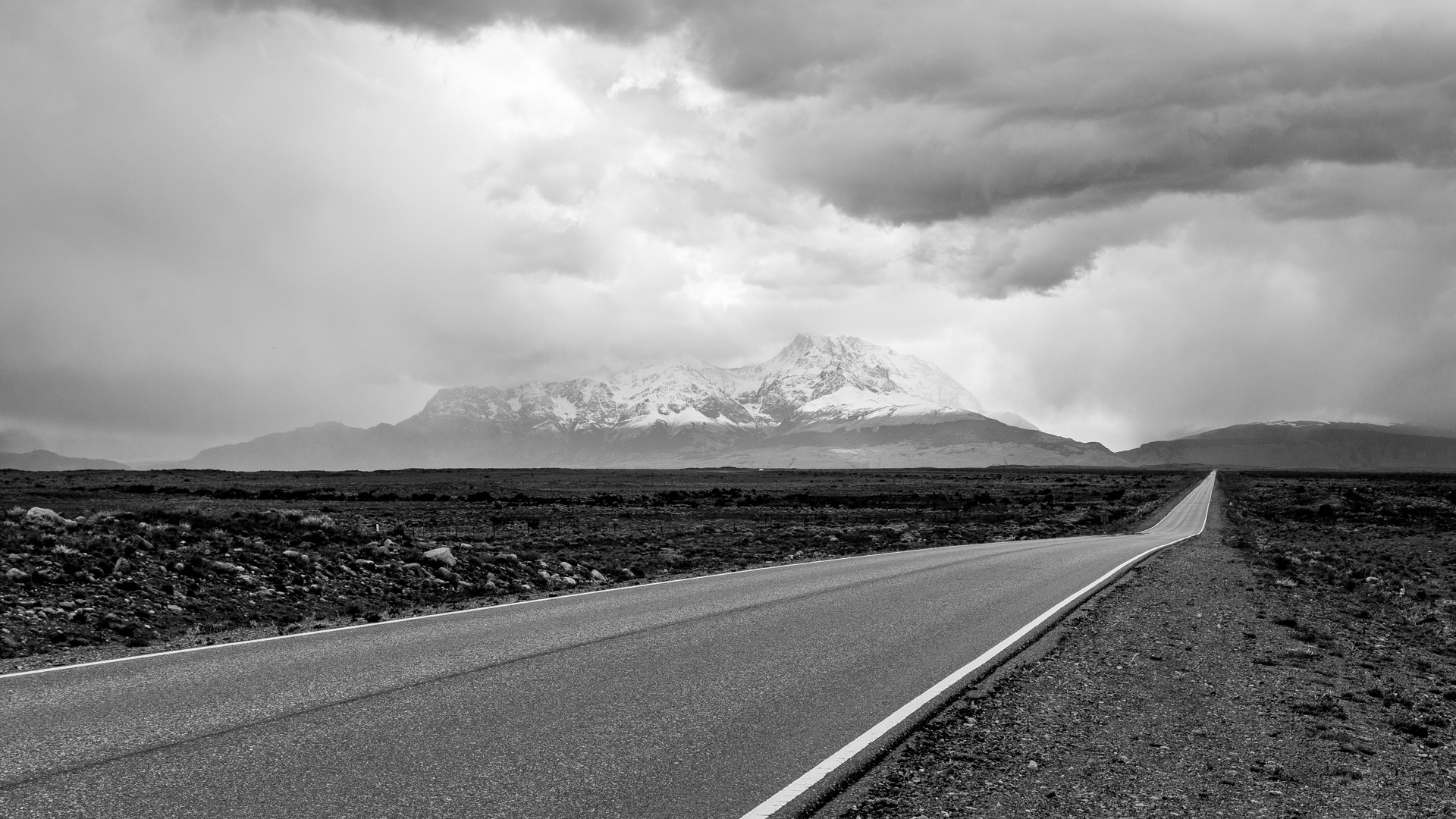
From Postdoc to Faculty — 2016
What Happened
During my fourth cycle on the academic job market, I interviewed at several R1 universities that spanned the East Coast, the Midwest, and the West Coast. In early April one contacted me to begin discussing an offer. We negotiated, and they sent me a firm offer in mid-May. Meanwhile a second university made a soft offer, though a firm offer from them didn't materialize before I had to make a decision.
I had been a postdoc for five years, after six years in a PhD program; some of my friends of the same age were getting close to tenure. My relief at receiving an offer competed with exhaustion and frustration. I thought about a professor who told me years ago they had only submitted one faculty application, on a whim. I thought about a friend who had received an offer for a faculty position without interviewing or even applying, on the basis of their prior interactions with the university. I had submitted hundreds of applications, and after years of work, finally had the opportunities I wanted.
Any uncertainty about my future destination would have ended with the offer, except eight days before I received it I was invited to interview for a faculty position at a university in the United Kingdom. It was in a city that I knew well and felt comfortable with. I thought about the adventure of living overseas, which I had done previously for up to a year at a time and enjoyed. However, I also thought about what it would be like to spend decades of my life across the Atlantic from my family and nearly all my friends. The interview would be in mid-June.
I spoke with the US university that made me the offer, and they graciously extended my response deadline so that I could take this final interview. If I didn't receive an offer from the UK university, in August I would start as faculty at the US university. If I received an offer from the UK university, I would have a difficult decision. More factors were at play, including the upcoming Brexit vote, which would happen a few days after my interview.
Parts of the interview went well, but parts didn't; I noticed differences between the interviewing cultures of the US and the UK. I remember guessing afterward that I wouldn't receive an offer. My host at the UK university said they would choose a candidate quickly, and as the weeks passed, it seemed less likely that I would be the one. On July 1 I accepted the US university offer on its deadline, and four days later the UK university notified me they would not make me an offer.
In mid-August I began working at the US university.
The Uncertainty
What continent would I live on in just a few months, and what would my life be like? Would I even have a choice?
2016 was already a year of travel and geographic uncertainty. By the end of the year I had spent 114 days traveling, which included six conferences, four faculty interviews, two NSF events, and several other professional or personal activities. I took 51 commercial flights, averaging out to a half hour every day on planes. The UK interview trip itself was a logistic accomplishment: directly from the interview I traveled to a conference in Colorado, and directly from the conference I went to the US university for a second visit, only after that returning home.
The geopolitical backdrop of the Brexit vote added to the uncertainty. My interview happened only a few days before the vote, and I was at the conference in Colorado when the news broke of the result. I didn't know yet whether I would receive an offer from the UK university. I thought about the interviewers who had expressed optimism regardless of what might happen, and I thought about an interviewer who warned that if the vote is yes, "do not come".
The idea of having to decide between jobs in two different countries—and the associated choice of comfort and social support versus adventure and uncertainty—was, in a way, cinematic. That decision never became necessary, but I sometimes think about what it would have meant for my priorities and values.
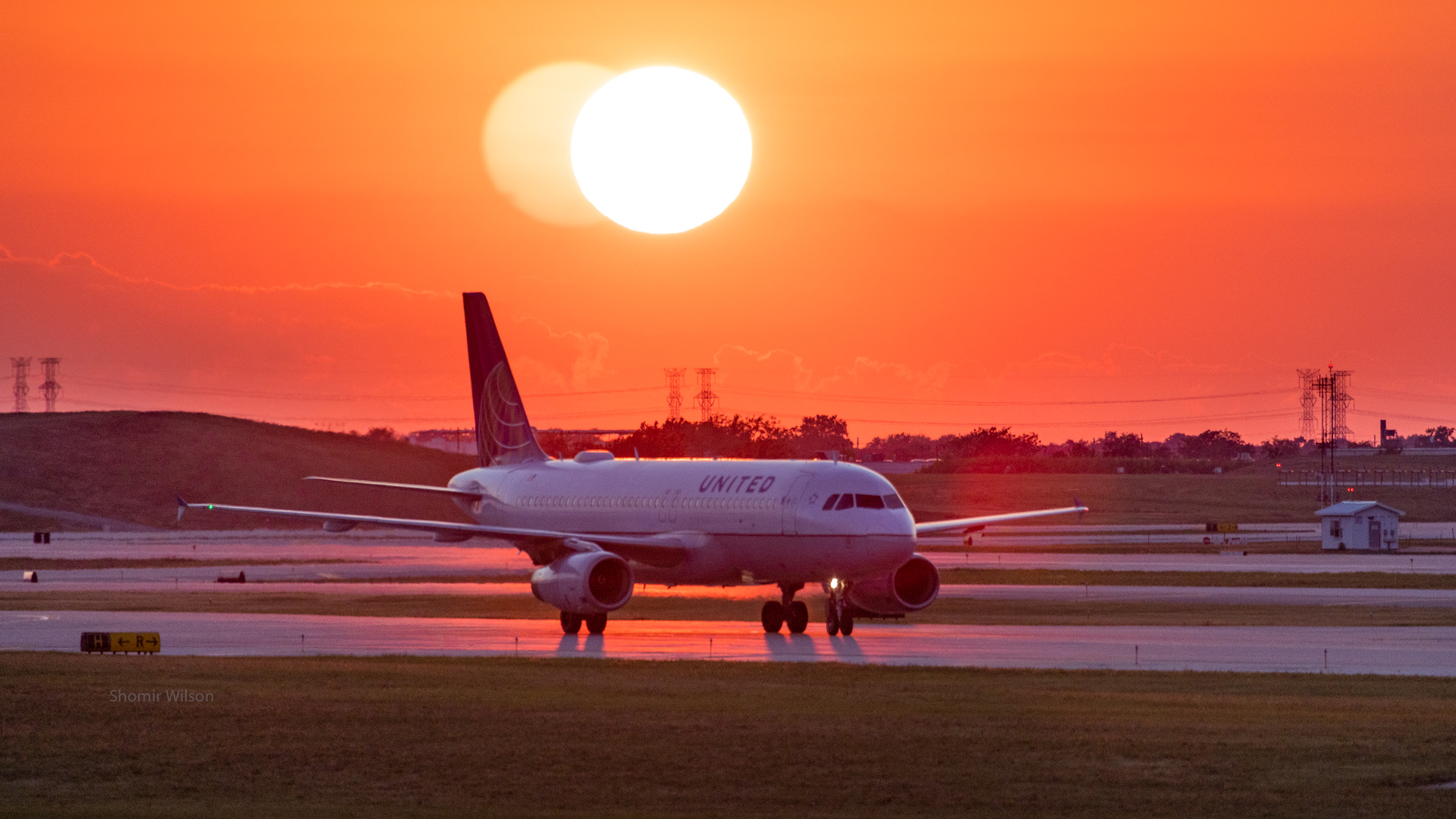
Reflections
It's OK to Want Big Things
In these narratives, I wanted to get into a well-regarded PhD program, to get a postdoc position that met personal and professional constraints, and to get a faculty position at a major research university. These were challenging, big wants. Alternatives existed, and although I wasn't enthusiastic about them, the pressure to accept them would have increased if the uncertainty had lasted much longer.
People vary in how they handle big wants. For me, it wouldn't have been productive to deny wanting these things or to believe that I could "choose" to feel differently. However, it was possible to do things that affected how I felt. It was difficult to escape thinking about the uncertainty, but I often felt best when I was engaged in meaningful tasks and activities that I enjoyed.
In general, I think that wanting big, ambitious things isn't a problem. However, it comes with the obligation to maintain awareness of what the wanting does to you, and to manage that impact in a personally sustainable way.
Wants and Needs
In the 2004-2005 narrative there was a distinct scope to the waiting: by the end of Spring 2005 I would either receive admission to a PhD program or need to do something different. In the 2011 narrative I didn't have a firm deadline, but I felt pressure from myself and from social expectations to find work within a few months, even if it meant following a path I was less interested in. In the 2016 narrative I had an offer, and the uncertainty was whether I would need to choose between multiple offers. In chronological order across these narratives, there was a decrease in how much pressure came from a need to do something and an increase in how much came from my wants. One effectively replaced the other.
Privilege can change an landscape of obstacles from needs to wants, but the friction of navigating them still remains. Some people who are successful in their professions are unsatisfied with what they have, and some people with much less success are very satisfied. Both scenarios are morally neutral: other factors determine what you should or shouldn't do.
Success Can Be Ugly in the Details
At the time of the first draft of this page (October 2023), I'm sometimes being told by colleagues and students that I am "very successful" and even "famous". ("Very successful" is a kind, gracious judgement, but "famous" is untrue.) It's noteworthy that each of the above narratives represented not only a big step forward in my career goals but also months of difficult, agonizing uncertainty. At times it was a kind of uncertainty worth wanting, to be a contender for big things, but that didn't ease the waiting. It also doesn't reduce the surprise that I receive from people when I share stories like these. In the professional context, it is difficult to imagine successful people having faced uncertainty.
Uncertainty is unevenly distributed among people. I have friends who found career positions much sooner than I did, and others who waited equally long or longer. I once told a friend who became a professor unusually quickly that I was glad people with her luck exist. I would have strongly preferred having her straightforward path, but in absence of that, witnessing a diversity of outcomes—some easy and some hard—helps give my stories meaning and value. Being aware of that meaning and value motivates me to write and share autobiographical pages like this one.
Uncertainty Improves With Experience
My ability to cope with uncertainty improved over time. One sign of that, which seemed both practical and symbolic, was sleep. In general I slept better as an unemployed PhD graduate than I did as a late-stage undergraduate, and I slept even better as a late-stage postdoc. The existential undertone to my concerns progressively diminished, in part because of age and experience.
As a professor, uncertainty is a pervasive feature of my work: I'm typically waiting for decisions on multiple publications and funding proposals. Success with them is important for my goals, although individually each outcome is less consequential. I used to check the statuses of these things often, with a keen awareness of notification dates, but now I tend to be more patient for results to arrive.
Shared Experience
Various aphorisms exist about the hard work necessary for big accomplishments, but fewer exist for the waiting that is often necessary for those accomplishments. The time between the hardest work and learning the outcome is sometimes the most emotionally taxing part of the process. The difficulty is real, and it has ramifications for mental health and day-to-day life, but talking with others who have been through it can make it more bearable. That's a meaningful connection to seek.
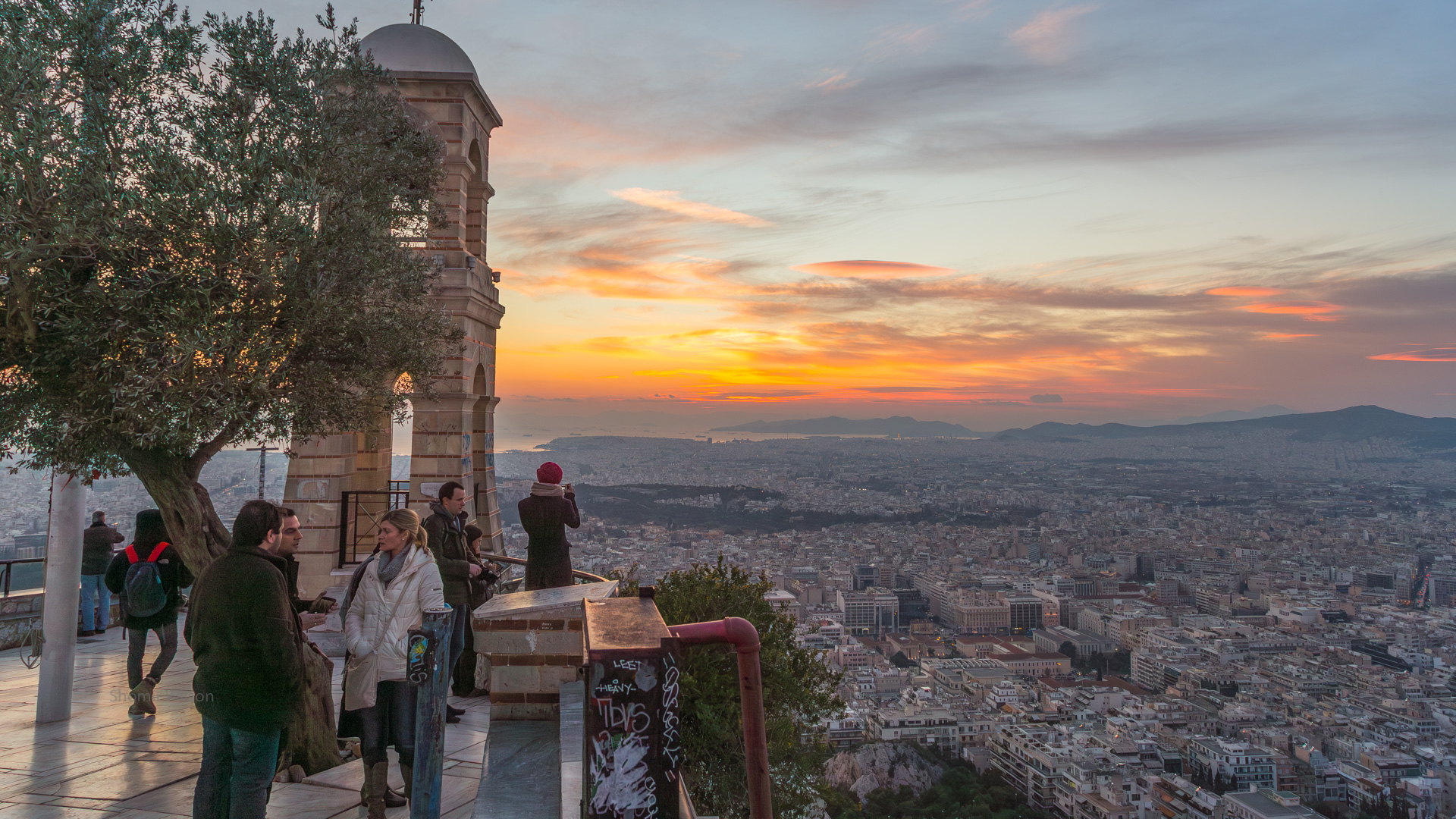
2018
On March 6 I waited in my faculty office at the University of Cincinnati for a phone call scheduled for noon. The caller, from a university that I had recently interviewed at, was late. I thought I knew what they would tell me, and that it would be exciting news, but I couldn't be certain. I thought about the rejection call I had received in 2011, when I was told that another candidate's degree was better.
I had been a professor for two years, but feeling a need to move, I had submitted more faculty applications and interviewed at a few more places. I've noted surprise when people outside academia discover that faculty move between universities. We have careers, and sometimes our personal and professional circumstances change. I was glad for what I had, but I decided something different would be better for me.
I looked out my office window, its view underwhelming: a gravel roof surrounded by the exterior walls of adjoining buildings. The sky was blue and cloudless. I had the notion that seeing anything living would make the uncertainty less weighty, but no weeds grew on the roof, and there were no birds in the sky. (I would have welcomed a hawk or even a vulture.) After a minute I noticed a tiny black bug crawling on the outside of the window. It counted as living, and I felt a little better.
A few minutes past noon I received the call. The connection was bad, and the news from the caller didn't break cleanly. I thought I heard that they wanted to make me an offer, but the words were tortuously indistinct: in three attempts, the words that I assumed were "make an offer" always came through garbled. They hung up and called again. The fourth time it was clear: an offer could be made, if I was interested. I told them I was. Later we negotiated a firm offer, and I accepted it.
I moved that summer. After the failures, slow burns, and geopolitical intrigue of my prior moves, the uncertainty of this one seemed comfortingly normal. I got what I wanted, and I wondered where it would take me.
About the Pictures
I added them to break up the text; all of them are mine. I am a photographer in my spare time.
